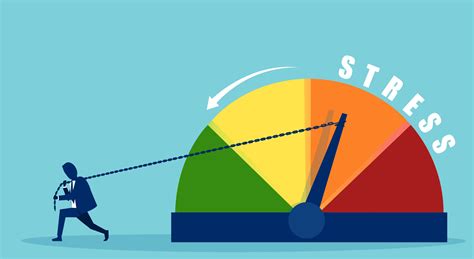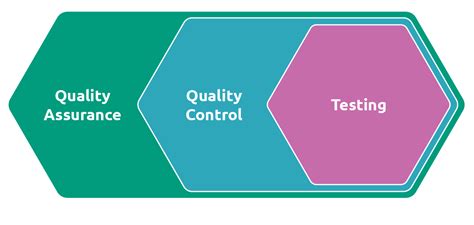Natural ways to optimize male testosterone levels for peak energy & strength?

Testosterone, often dubbed the “male hormone,” plays a pivotal role in more than just sex drive and muscle mass. Optimal levels are crucial for maintaining energy, mood, bone density, red blood cell production, and overall vitality. While synthetic interventions exist, many men are seeking natural, sustainable ways to boost their testosterone for peak physical and mental performance. This article delves into evidence-based lifestyle modifications that can help you naturally optimize your testosterone.
The Crucial Role of Testosterone
Low testosterone can manifest in various ways, including persistent fatigue, decreased libido, difficulty building muscle, increased body fat, mood swings, and even reduced cognitive function. Understanding these signs is the first step toward addressing potential imbalances. Fortunately, many natural strategies can significantly impact your hormonal health.

Dietary Foundations for Testosterone Boost
What you eat directly impacts your hormone production. Focusing on a nutrient-dense diet is paramount:
- Healthy Fats: Cholesterol, a precursor to testosterone, is derived from fats. Incorporate monounsaturated fats (avocado, olive oil, nuts) and saturated fats in moderation (red meat, coconut oil). Avoid trans fats entirely.
- Zinc-Rich Foods: Zinc is a vital mineral for testosterone production. Oysters are famously high, but beef, chicken, beans, nuts, and fortified cereals are also good sources.
- Vitamin D: Often considered a hormone itself, Vitamin D is strongly linked to testosterone levels. Fatty fish, egg yolks, and fortified foods are dietary sources, but sun exposure remains the best way to get it.
- Protein: Adequate protein intake (lean meats, fish, eggs, legumes) supports muscle growth and overall hormonal health.
- Limit Sugar and Processed Foods: High sugar intake can lead to insulin resistance and inflammation, both of which can negatively impact testosterone.
Prioritize whole, unprocessed foods to give your body the building blocks it needs for optimal hormone synthesis.
Exercise: The Powerhouse of Testosterone
Regular physical activity, particularly specific types, is a potent natural testosterone booster:
- Strength Training: Lifting heavy weights, focusing on compound movements (squats, deadlifts, bench presses), is highly effective. Aim for 3-4 sessions per week, with adequate recovery.
- High-Intensity Interval Training (HIIT): Short bursts of intense exercise followed by brief recovery periods can also stimulate testosterone production.
- Avoid Overtraining: While exercise is crucial, excessive, chronic cardio or overtraining can actually lower testosterone. Listen to your body and ensure sufficient rest.

Taming Stress for Hormonal Harmony
Chronic stress is one of the biggest enemies of healthy testosterone levels. When stressed, your body releases cortisol, a stress hormone. Elevated cortisol can directly suppress testosterone production. Implementing stress-reduction techniques is vital:
- Mindfulness and Meditation: Regular practice can significantly lower cortisol.
- Yoga and Deep Breathing: These practices promote relaxation and can help regulate stress responses.
- Spending Time in Nature: Research shows that exposure to green spaces can reduce stress hormones.
- Adequate Downtime: Schedule time for hobbies, relaxation, and social connection.

The Unsung Hero: Quality Sleep
Sleep deprivation is a major disruptor of hormone balance, including testosterone. Studies show that even a week of reduced sleep can significantly lower testosterone levels in young men. Aim for 7-9 hours of high-quality sleep per night:
- Establish a Consistent Sleep Schedule: Go to bed and wake up around the same time each day, even on weekends.
- Create a Relaxing Bedtime Routine: Avoid screens, bright lights, and stimulating activities before bed.
- Optimize Your Sleep Environment: Keep your bedroom dark, cool, and quiet.

Other Lifestyle Factors to Consider
- Maintain a Healthy Weight: Obesity, especially abdominal fat, can convert testosterone into estrogen, further reducing free testosterone. Losing excess weight can have a profound positive impact.
- Limit Alcohol Intake: Excessive alcohol consumption can disrupt hormone production and liver function, both detrimental to testosterone levels.
- Avoid Endocrine Disruptors: Be mindful of plastics (BPA, phthalates), pesticides, and certain chemicals in personal care products that can mimic hormones and interfere with endocrine function.
- Consider Adaptogens: Certain herbs like Ashwagandha and Tongkat Ali have shown promise in some studies for supporting healthy testosterone levels, though always consult a healthcare professional before starting supplements.
Conclusion
Optimizing testosterone levels naturally is a holistic endeavor that encompasses diet, exercise, stress management, and sleep. By consistently implementing these lifestyle changes, men can not only boost their testosterone but also experience improved energy, enhanced strength, better mood, and a greater sense of overall well-being. Remember, consistency is key, and while natural methods are powerful, consulting with a healthcare professional can provide personalized guidance and rule out underlying medical conditions.









